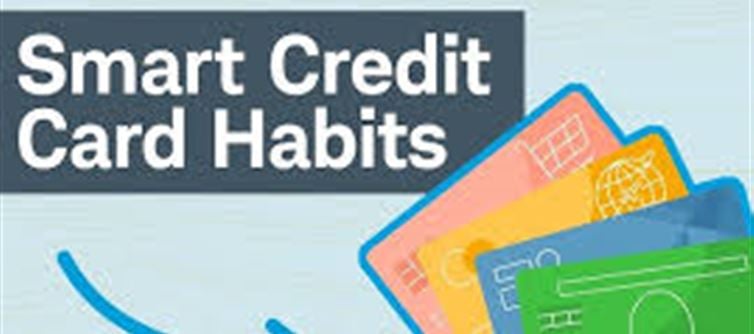
Credit cards are more than just a convenient payment method—they can be powerful tools for building credit and managing finances. However, when misused, they can lead to mounting debt, high interest, and financial stress. Here’s how to avoid common mistakes and use your credit card wisely.
1. Treating Credit Cards as Extra Cash
One of the biggest mistakes people make is spending beyond their means, thinking a credit card is “free money.”
· Reality Check: Credit card bills must be paid in full each month to avoid interest charges.
· Tip: Only spend what you can afford to pay off at the end of the billing cycle.
Treat your credit card like a debit card—spend money you actually have.
2. Missing Payment Deadlines
Late or missed payments lead to penalty fees, higher interest rates, and a lower credit score.
· Tip: Always pay at least the minimum amount due, but ideally pay the full balance to avoid interest.
· Automation: Set up auto-payments or reminders to ensure timely payments.
Even a single missed payment can hurt your credit history.
3. Maxing Out Your Card
Using your card up to its limit can negatively affect your credit utilization ratio, a key factor in credit scoring.
· Ideal Rule: Keep utilization below 30% of your credit limit.
· Tip: Spread purchases across multiple cards if necessary or request a credit limit increase.
High utilization signals financial risk to lenders.
4. Ignoring Interest Rates and Fees
Credit cards come with annual fees, late payment charges, and high-interest rates on unpaid balances.
· Tip: Choose a card with low annual fees and 0% intro APR offers if possible.
· Pay off balances before interest accrues to avoid debt traps.
Awareness of fees and rates can save thousands of rupees annually.
5. Making Only Minimum Payments
Paying only the minimum due might seem convenient, but it prolongs debt and increases interest payments.
· Example: A ₹50,000 balance with a 20% interest rate will take years to pay off if only minimum payments are made.
· Tip: Always aim to pay more than the minimum, preferably the full balance.
Minimum payments are for emergencies—not routine spending.
6. Falling for Tempting Offers
Promotions, cashbacks, and “buy now, pay later” offers can encourage overspending.
· Tip: Evaluate if the purchase is necessary and whether you can pay it off immediately.
· Stick to your budget, regardless of attractive offers.
Credit cards should be a tool for financial convenience, not a way to indulge impulse spending.
7. Smart Habits to Maximize Credit Card Benefits
1. Pay bills on time to avoid penalties.
2. Track spending using apps or statements.
3. Use rewards wisely—redeem points for essentials, not splurges.
4. Maintain low utilization to boost your credit score.
5. Review statements monthly for errors or fraudulent transactions.
When used responsibly, credit cards can enhance financial discipline and improve credit scores.
8. Conclusion
Credit cards are financial tools, not free money. By avoiding common mistakes—like overspending, paying late, or making only minimum payments—you can:
· Prevent debt accumulation
· Build a strong credit history
· Enjoy benefits such as rewards, cashbacks, and convenience
Smart credit card habits today lead to financial freedom tomorrow.
Disclaimer:
The views and opinions expressed in this article are those of the author and do not necessarily reflect the official policy or position of any agency, organization, employer, or company. All information provided is for general informational purposes only. While every effort has been made to ensure accuracy, we make no representations or warranties of any kind, express or implied, about the completeness, reliability, or suitability of the information contained herein. Readers are advised to verify facts and seek professional advice where necessary. Any reliance placed on such information is strictly at the reader’s own risk..jpg)




 click and follow Indiaherald WhatsApp channel
click and follow Indiaherald WhatsApp channel